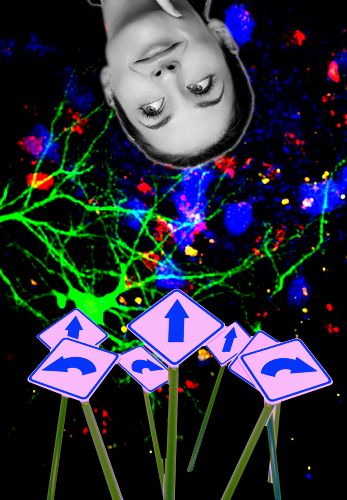Brain pools' processing assessed
 Scientists have spotted one of the ways that our brains deal with the millions of different scenarios we face.
Scientists have spotted one of the ways that our brains deal with the millions of different scenarios we face.
It appears that the brain anticipates all of the new situations that it may encounter in a lifetime by creating a special kind of neural network that is “pre-adapted” to face any eventuality.
The finding is contained in a new study published in PLOS Computational Biology.
The French team that made the discovery has been investigating one of the most noteworthy properties of primate behaviour - its diversity and adaptability.
Human and non-human primates can learn an astonishing variety of new and dynamic behaviours that could not have been directly anticipated by evolution – we now understand that this ability to cope with new situations is due to the “pre-adapted” nature of the primate brain.
The study shows that pre-adaptation comes from connections between neurons that form recurring loops where inputs can rebound and mix in the network, like waves in a pond, thus called “reservoir” computing.
This mix of the inputs allows the brain to generate a nearly unlimited amount of representations and combinations of thoughts and memories. This pool of inputs can be used to quickly develop the right behaviour for a new situation.
The authors demonstrated this by training a reservoir network to perform a novel problem solving task.
They then compared the activity of neurons in the model with activity of neurons in the prefrontal cortex of a research primate that was trained to perform the same task.
There were some clear similarities in the activation of neurons in both the reservoir model and the primate.
This breakthrough shows that we have taken big step towards understanding the local recurrent connectivity in the brain that prepares primates to face unlimited situations.
The research also shows that by allowing essentially unlimited combinations of internal representations in the network of the brain, one of them is always on hand for the given situation.








 Print
Print